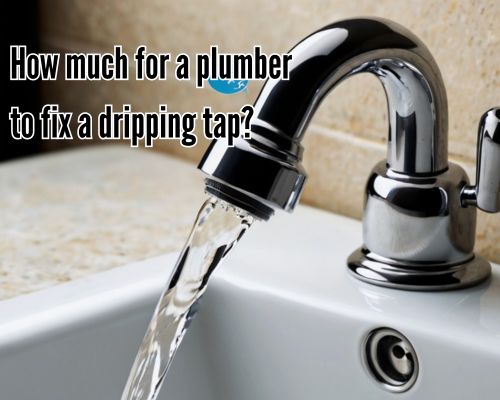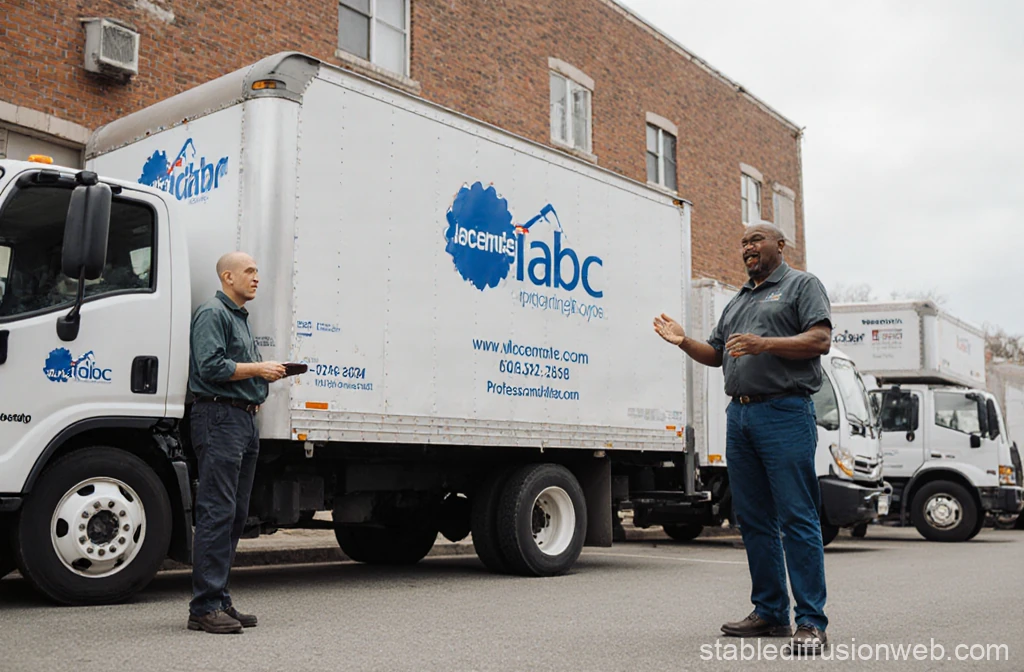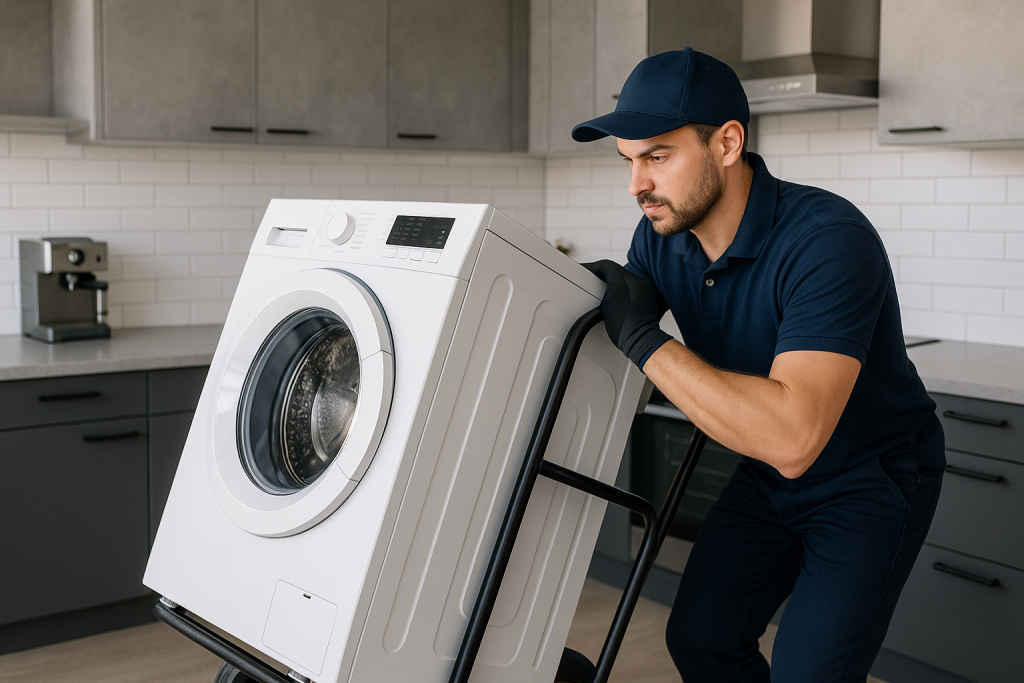Homeownership in West Palm Beach, Florida, comes with sunshine, sandy breezes—and the need to protect your property from water damage. One overlooked but crucial part of that protection system? Your gutter and leader setup. But here’s the kicker: many homeowners don’t even know what the difference is between the two. So, what is the difference between gutters and leaders? With Mike Owen from Gutters of West Palm Beach, we’ll dive deep into this often-misunderstood topic with real insight, a dash of local context, and SEO-rich clarity.

Gutter vs. Leader: Let’s Break It Down
At a glance, gutters and leaders are part of the same system—they work together to manage rainwater runoff from your roof. But they serve very different functions.
Gutters: The Roofline Water Managers
Gutters are the horizontal channels installed along the edges of a roof. Their purpose is simple but critical: collect rainwater as it flows off the roof and redirect it toward the downspouts (aka leaders). In West Palm Beach, where tropical storms and heavy rainfall are common, having properly functioning gutters is essential for preventing water intrusion and foundation damage.
Salient entities related to gutters:
- Seamless aluminum gutters
- K-style and half-round gutter systems
- Roofline drainage solutions
- Gutter guards and filters
Leaders: The Vertical Drains
Leaders, more commonly referred to as downspouts, are the vertical pipes that connect to the gutter system. Their job is to channel the collected rainwater from the gutters down to the ground or into a drainage system.
In regions like Palm Beach County, where flash floods aren’t rare, the placement and size of leaders is more than cosmetic—it’s critical infrastructure.
Related LSI keywords:
- Downspout extensions
- Rainwater drainage system
- Stormwater control
- Vertical water pipes
Why the Difference Matters in West Palm Beach, FL
In a city known for its tropical climate, high humidity, and frequent storms, understanding the difference between gutters and leaders isn’t just semantics—it’s home preservation 101.
1. Local Climate Impact
West Palm Beach averages around 63 inches of rainfall annually, well above the national average. During the hurricane season, sudden torrential downpours are common, which means both your gutters and leaders need to work seamlessly.
Improper drainage in this area can lead to:
- Soil erosion
- Basement flooding
- Exterior staining
- Roof rot
- Mold growth on siding and fascia boards
2. Building Code Requirements
In Florida, building codes require proper water drainage away from the foundation. Many homeowners in Palm Beach County face fines or insurance issues if gutter systems aren’t up to standard. Gutters and leaders must be correctly installed and sized for your home’s roof area.
Common Gutter & Leader Materials in West Palm Beach
Material choice is a big deal. Salt air, high heat, and UV exposure can degrade some systems faster than others.
Popular gutter materials:
- Aluminum – Rust-resistant, lightweight, and cost-effective
- Copper – Elegant, durable, and ideal for upscale homes
- Vinyl – Affordable and easy to install, but less durable in heat
Leader (Downspout) materials:
- Galvanized steel – Strong but prone to rust over time
- PVC – Weather-resistant and budget-friendly
- Aluminum – Matches seamlessly with most gutter systems
For professional needs, just go to Mike Owen from Gutters of West Palm Beach.
Gutter and Leader Sizing Considerations
Size matters—especially in South Florida. For a standard single-family home in West Palm Beach:
- Gutters are typically 5″ to 6″ wide.
- Leaders (downspouts) range from 2″ x 3″ to 3″ x 4″, depending on the volume of rainwater.
💡 Pro Insight: A 2,000 sq ft roof in a tropical storm can funnel over 1,200 gallons of water per hour—you don’t want that draining straight onto your lawn or seeping into your crawl space.
Maintenance Tips for Gutters and Leaders in West Palm Beach
Neglecting this system in the Florida climate is like ignoring sunscreen at the beach—you’ll regret it later.
Localized maintenance tips:
- Clear out palm fronds and sea grape leaves that clog gutters.
- Use gutter guards to keep out tropical debris.
- Flush leaders quarterly to prevent sediment buildup.
- Check for signs of salt corrosion, especially near the Intracoastal.
Homeowners in neighborhoods like El Cid, Flamingo Park, and Southend benefit from annual inspections—especially if you’re near the water or under tree canopy.
Should You Hire a Professional?
In theory, you could clean and inspect gutters and leaders yourself. In practice? Not so easy.
Here’s why West Palm Beach locals hire pros:
- Tile and metal roofs common in this region can be slippery and fragile.
- Two-story homes or older properties in historic districts require special care.
- Licensed gutter contractors understand stormwater code compliance.
If you’re not sure who to call, look for a local gutter company with experience in coastal climates and a track record in Palm Beach County. Bonus points if they offer custom downspout solutions for decorative or luxury homes.
Choosing the Right System for Your Home
Not every property needs the same setup. Some homes in West Palm Beach may benefit from rain chains instead of traditional downspouts, especially where architectural design is a focus.
Others may require:
- French drains
- Rainwater harvesting tanks
- Splash blocks or underground diverters
Consult a local drainage expert to assess your roof slope, lot grading, and landscaping to find the ideal gutter and leader combination.
Final Thoughts: Don’t Mix Up Gutters and Leaders
To recap, gutters run horizontally along the roofline and collect water. Leaders (or downspouts) are the vertical pipes that carry that water away from the home. Together, they form your home’s rainwater management system—and both need to be designed with West Palm Beach’s climate in mind.
Whether you’re a new homeowner in Northwood, renovating a beachside bungalow in Palm Beach Shores, or maintaining an estate in SoSo, make sure your gutters and leaders are properly installed, regularly maintained, and correctly sized.
🌧️ When that summer storm hits, you’ll be glad you did.






